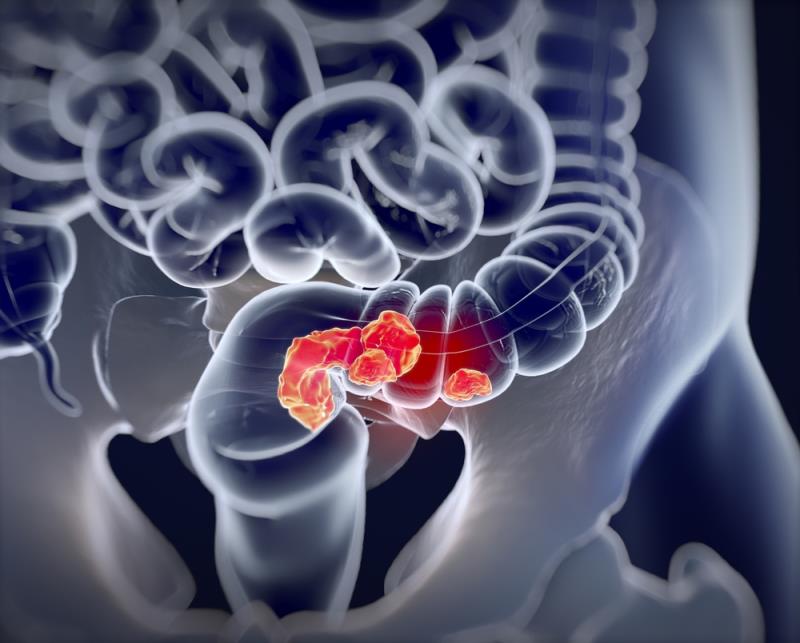
High-risk adenomas increase the likelihood of developing colorectal cancer and of related death over the long-term, a recent study has found.
Researchers enrolled 64,422 patients (mean age, 61.6±7.1 years; 54.3 percent female) who underwent baseline colonoscopies. Of the participants, 45,881 (71.2 percent) were found to have no adenomas, 10,978 (17.0 percent) had low-risk lesions and 7,563 (11.7 percent) had high-risk adenomas. Patients were followed until death, colorectal cancer development or disenrollment from their health plans.
After a median follow-up of 8.1 years, 117 colorectal cancers were detected in the no-adenoma group, as compared with 37 and 60 in the low- and high-risk groups, respectively. Corresponding numbers of related deaths were 22, 3 and 13.
The researchers found that in the no-adenoma and low-risk groups, the annual, age-adjusted incidence rates of colorectal cancer increased gradually over >10 years of observation. In comparison, values rose steeply in the high-risk group, jumping from 15.0 per 100,000 person-years in year 1 to 217.7 per 100,000 person-years in year 10.
At study end, the cumulative colorectal cancer incidence rates were 0.51 percent, 0.57 percent and 2.03 percent in the no-adenoma, low-risk and high-risk groups, respectively. At this time point, the corresponding related mortality rates were 0.07 percent, 0.03 percent and 0.55 percent.
Adjusted Cox regression analysis confirmed that high-risk adenoma patients were both at greater risk of developing (hazard ratio [HR], 2.61, 95 percent confidence interval [CI], 1.87–3.63) and dying from (HR, 3.94, 95 percent CI, 1.90–6.56) from colorectal cancer. This trend was null in the low-risk group.